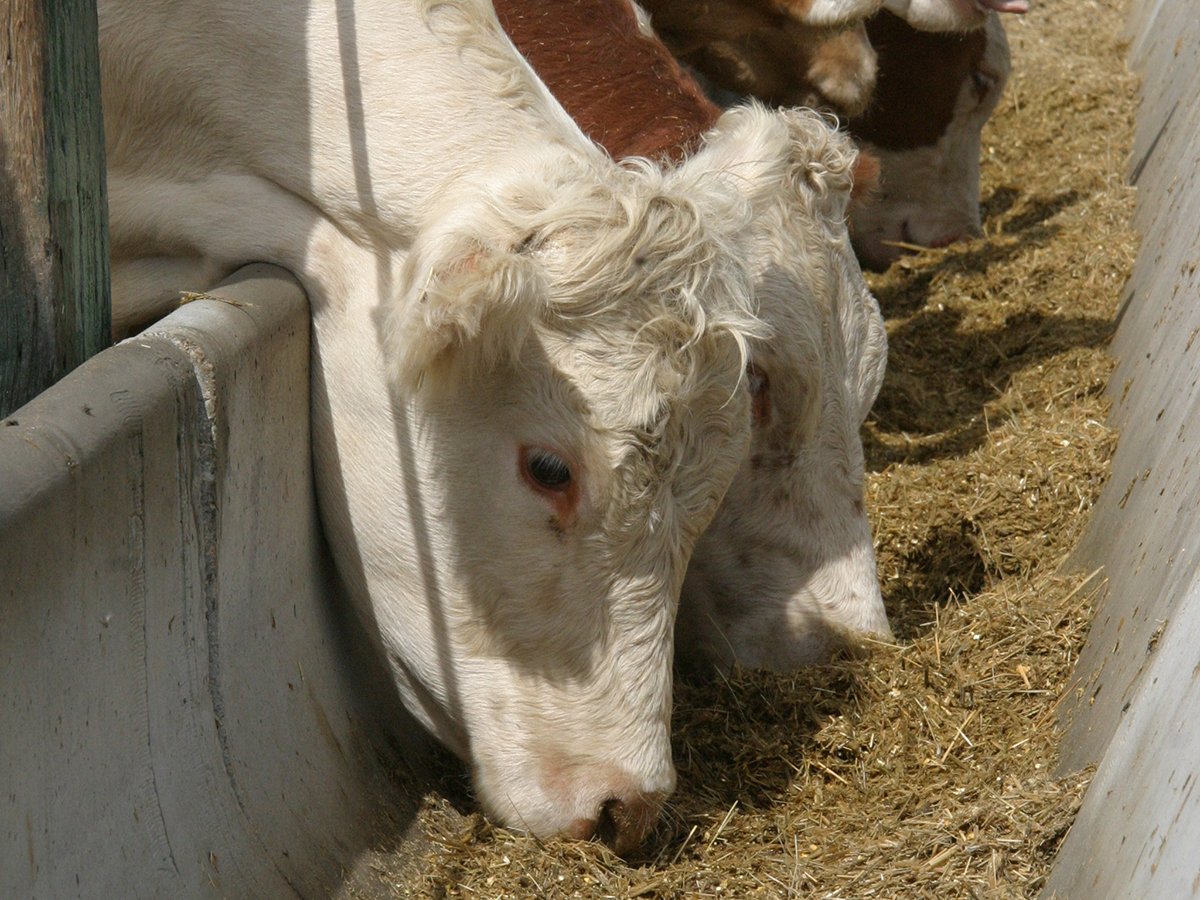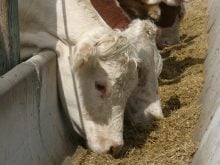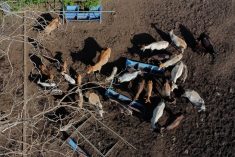PARIS, France – The first sales of American wheat to Cuba in four decades sent a shudder through the French grain trade, which fears that its lucrative wheat-for-sugar deal with the island may be in jeopardy.
“It’s like a needle in the backside,” a Paris-based trader said after three United States companies announced Nov. 21 that they had sold a range of U.S. food, including 20,000 tonnes of hard red winter wheat, to Cuba.
“Hopefully it will motivate people now that they see they are at risk of losing a lucrative market,” the trader said. “It has enormous significance to our market.”
Read Also

Alberta cattle loan guarantee program gets 50 per cent increase
Alberta government comes to aid of beef industry with 50 per cent increase to loan guarantee program to help producers.
Archer Daniels Midland, Cargill and Riceland Foods became the first U.S. firms in four decades to sign trade accords with Cuba, which was forced to replenish stocks following a devastating hurricane.
French commodity trading firm Soufflet said its American arm had sold 20,000 tonnes of U.S. hard red winter wheat to Cuba.
Members of the U.S. agriculture community hope the deals could mark the opening of a longer term trading relationship between the countries whose governments have long been ideologically opposed.
But in Europe, there was concern that any business gained by the U.S. could mean lost business.
“France will see this as a slight kick in the teeth,” said James Dunsterville, analyst with agrinews-online.com in Geneva, Switzerland.
“We expected it might happen last year but it’s only happening this year out of necessity more than anything else,” he said.
The deals by the American firms represent the first crack in an embargo that the U.S. imposed on Cuba shortly after president Fidel Castro came to power in 1959. As Washington maintained the embargo, French traders took up the slack and sold wheat to the island nation in exchange for sugar.
Washington modified the embargo last year, making it possible for U.S. firms to sell food and medicine to Cuba on the condition it not be done using financing by the U.S. government or private firms.














